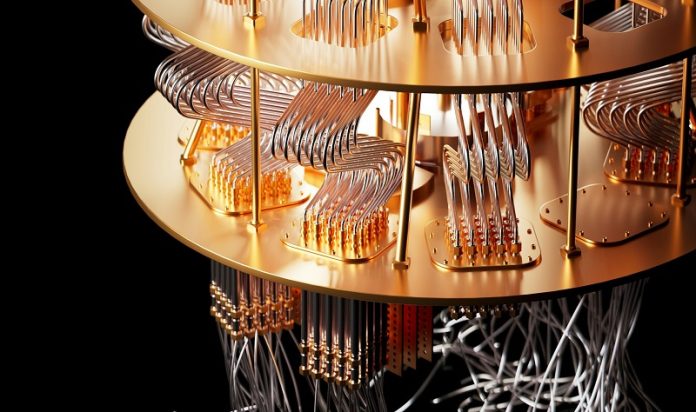
Researchers from Islamic Azad University have made a significant breakthrough in quantum computing by developing new multipliers that reduce costs and enhance error detection.
This advancement is a step forward in making quantum computing more efficient and reliable.
Their research, published in the journal Frontiers of Computer Science, introduces six new parity-preserving reversible blocks, named Z, F, A, T, S, and L.
These new blocks achieve remarkable improvements:
- For 4-bit unsigned multipliers, there is a 25.04% reduction in quantum cost, a 51.03% reduction in gate count, a 20.89% reduction in garbage output, and a 21.17% reduction in constant input.
- For 5-bit signed multipliers, the advancements include an 18.59% reduction in quantum cost, a 27.65% reduction in gate count, and a 13.82% reduction in garbage output and constant input.
Key Improvements and Benefits
Quantum computing faces several challenges, including high power dissipation and error rates. By focusing on reversible computing principles, Dr. Mojtaba Noorallahzadeh and his team have made their quantum circuit designs more efficient and fault-tolerant.
Their new parity-preserving reversible blocks maintain input and output parity, which aids in error detection and correction.
These improvements not only cut costs but also enhance the overall efficiency of quantum circuits, making them simpler and more practical to implement.
This research supports the development of more advanced and reliable quantum computing technologies, which could have significant impacts on various fields, including cryptography, materials science, and complex system simulations.
This breakthrough is the result of a collaborative effort between Islamic Azad University, the German Research Center for Artificial Intelligence (DFKI), and the University of Bremen.
Their combined expertise has provided a fresh approach to quantum circuit design, emphasizing both cost reduction and error detection.
By improving error detection and reducing costs, this research moves us closer to the goal of creating powerful and dependable quantum computers. These advancements are essential for the future of quantum computing, as they address some of the most critical challenges in the field.
In summary, the new quantum circuit design developed by researchers from Islamic Azad University and their collaborators offers a promising solution to some of the key issues in quantum computing.
With reduced costs and enhanced error detection, these innovations pave the way for more efficient and reliable quantum technologies.



